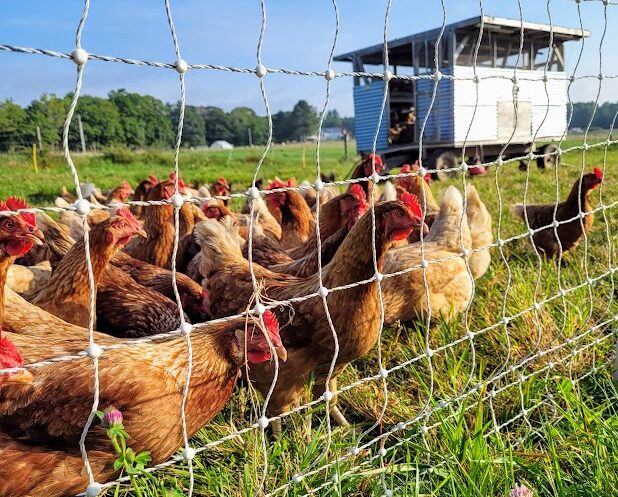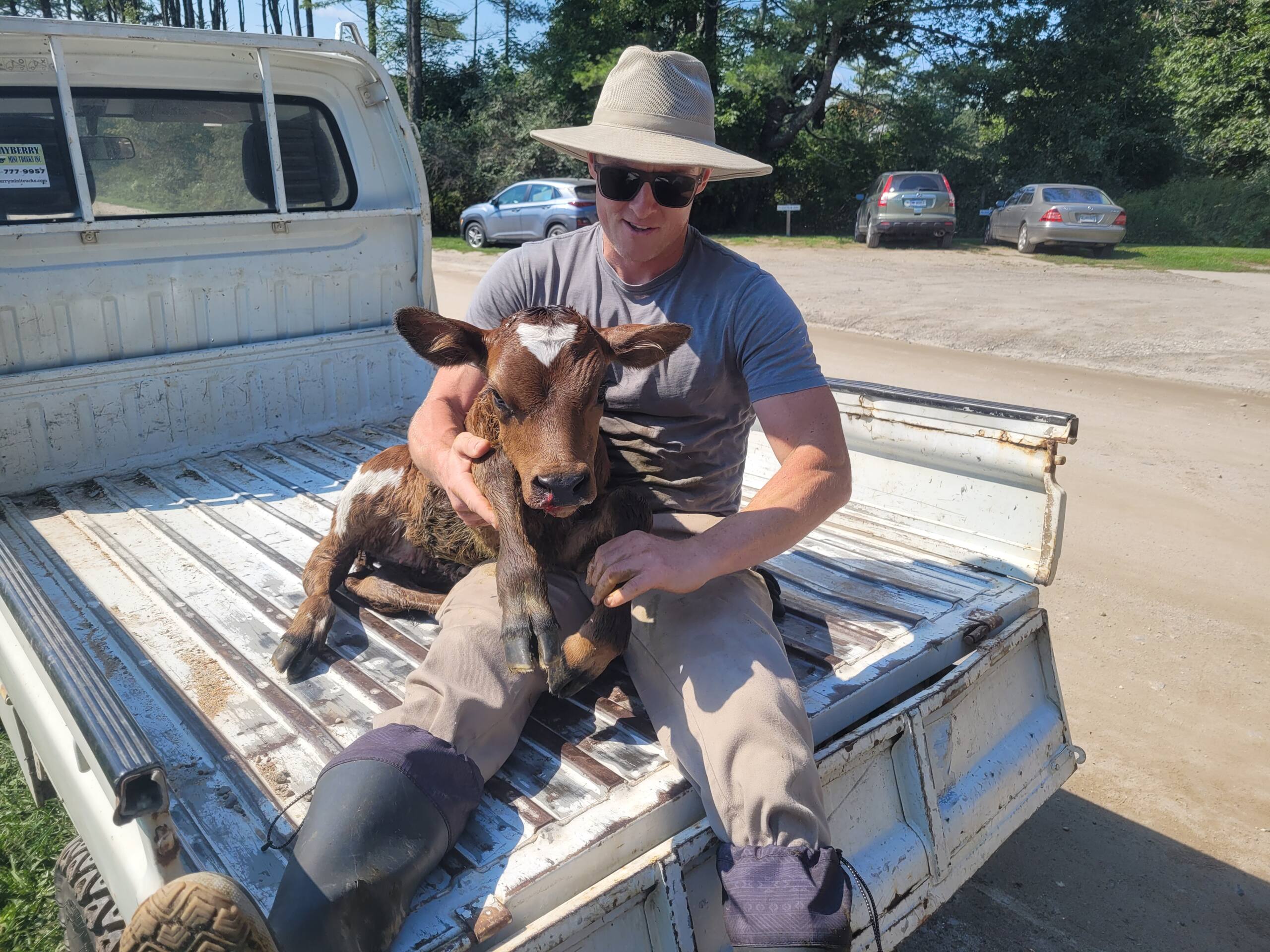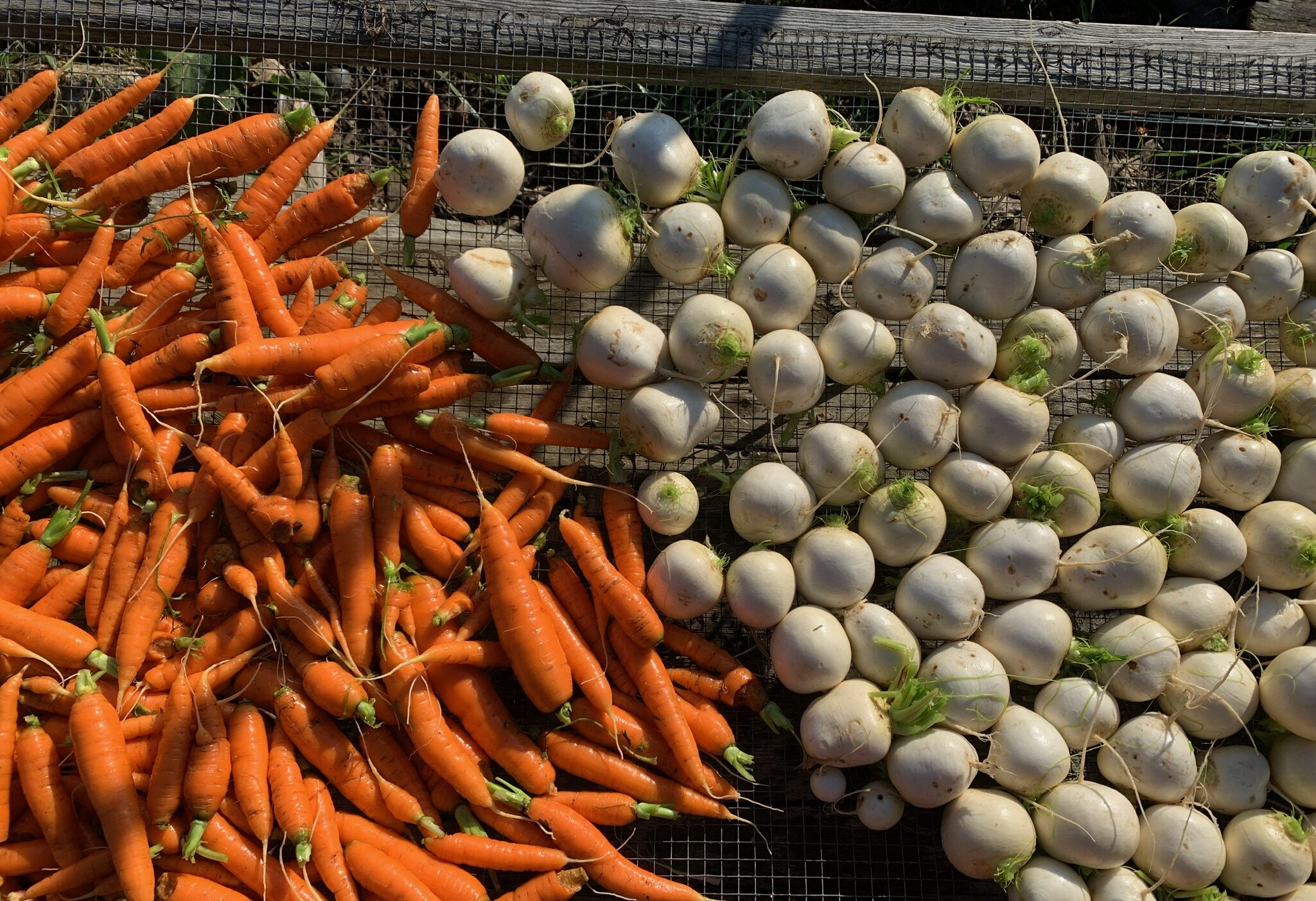What is Regenerative Agriculture?
There is no official definition of regenerative agriculture. To some, regenerative agriculture means farming and ranching practices that create healthier ecosystems, increase farm resiliency, and build soil health (rather than extract nutrients). These include managed rotational livestock grazing, use of cover crops, and minimal soil disruption. But focusing only on practices and ecological outcomes minimizes the Indigenous roots of regenerative agriculture and the positive social and economic impacts.


